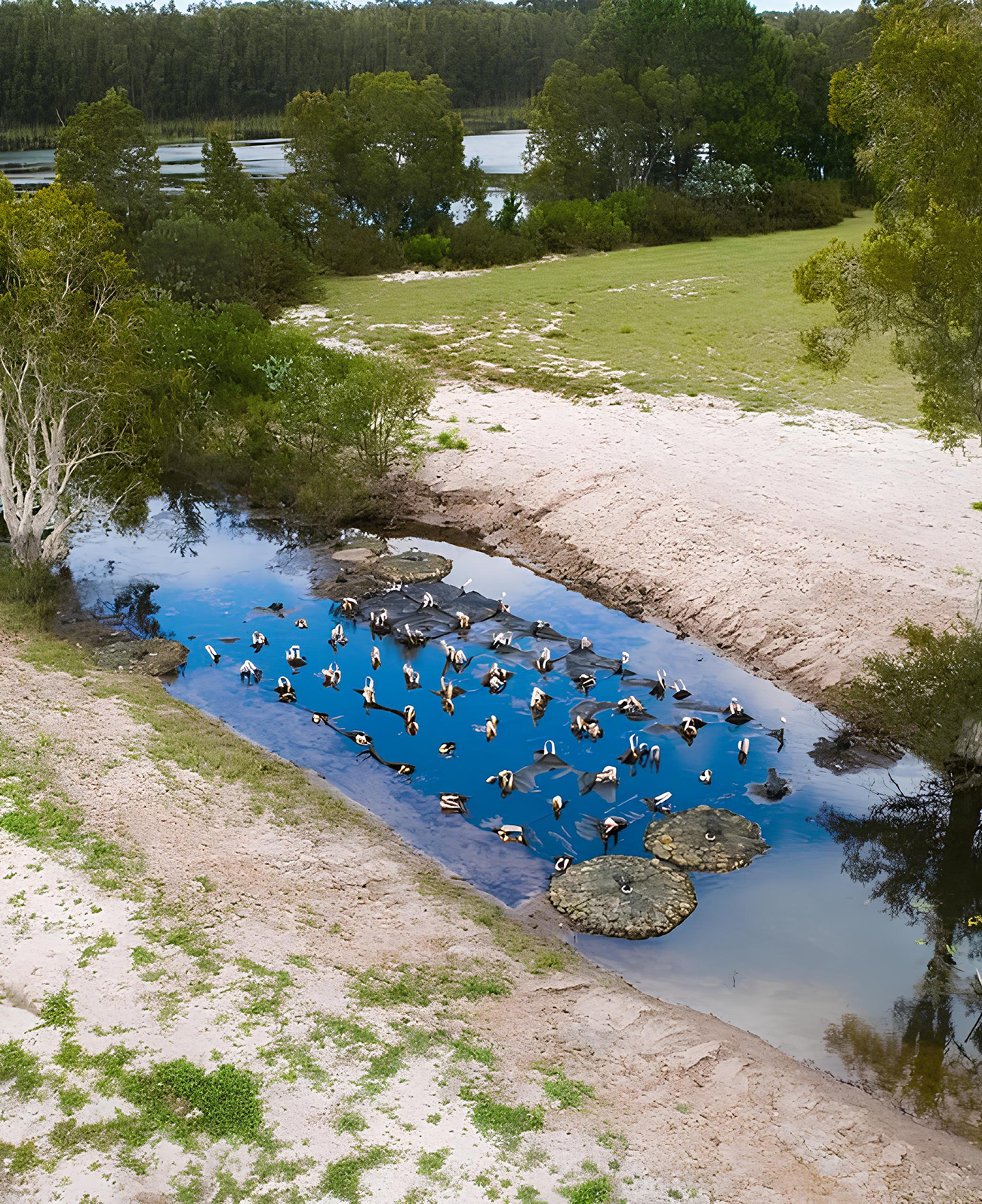
The Importance of Eco-Friendly Water Filtration Systems
Water is a vital resource for life, but increasing pollution and contamination threaten its availability and quality. In response to these challenges, eco-friendly water filtration systems have emerged as a sustainable and effective solution. By protecting water resources while minimizing environmental impact, these systems are transforming the way we approach water treatment.
- Protecting Ecosystems and Public Health Eco-friendly water filtration systems play a crucial role in protecting ecosystems and ensuring safe water for consumption and industrial use. Unlike conventional methods, these systems are designed to minimize harm to aquatic habitats while removing harmful contaminants. Technologies such as passive barrier systems and granular activated carbon (GAC) filtration effectively eliminate pollutants, including organic compounds, heavy metals, and PFAS, ensuring cleaner water for both ecosystems and communities.
- Reducing Carbon Footprint Traditional water treatment methods often involve energy-intensive processes and chemical usage, contributing to greenhouse gas emissions and waste generation. In contrast, eco-friendly filtration systems prioritize sustainability. For example, Water Restore’s passive barrier systems require minimal energy to operate and leverage natural processes for filtration. This not only reduces operational costs but also significantly lowers the carbon footprint of water treatment projects.
- Applications Across Industries Eco-friendly filtration systems are versatile and find applications in a variety of sectors. In industrial water treatment, GAC filtration is used to remove organic pollutants and sediments, making wastewater safe for discharge or reuse. Municipalities employ stormwater filtration systems to prevent contaminants from entering water supplies. Meanwhile, agriculture benefits from these systems by protecting irrigation water from sediment and chemical runoff. By catering to diverse needs, these solutions address water contamination challenges comprehensively.
- Long-Term Cost Savings While eco-friendly systems may have a higher initial investment, their long-term benefits far outweigh the costs. The reduced need for chemicals, lower energy consumption, and minimal maintenance requirements translate into significant savings over time. Additionally, their durability and scalability make them ideal for both small-scale projects and large industrial applications.
Conclusion
Eco-friendly water filtration systems are more than a technological innovation—they are a necessity in today’s world. By prioritizing sustainability, efficiency, and effectiveness, these systems ensure that water resources are preserved for future generations while meeting the demands of industrial, municipal, and environmental applications.Contact Water Restore today to learn how our advanced, eco-friendly filtration solutions can transform your water treatment projects!
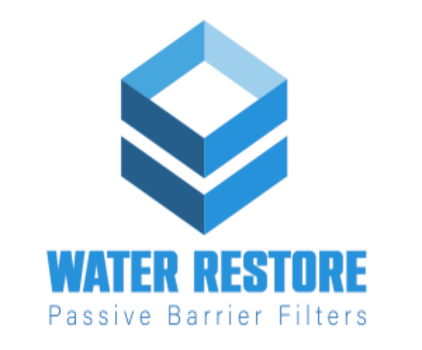
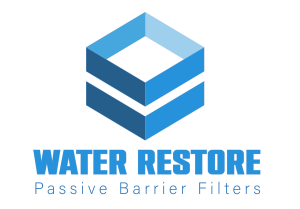

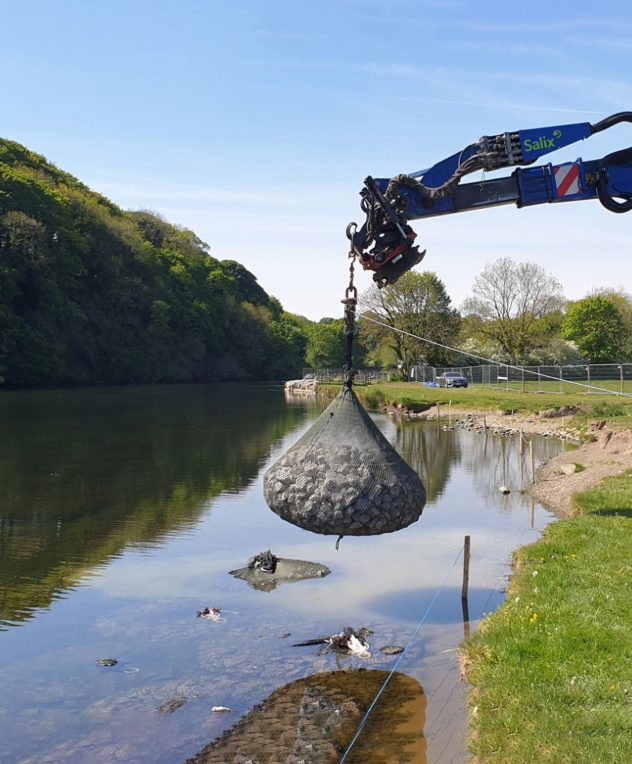
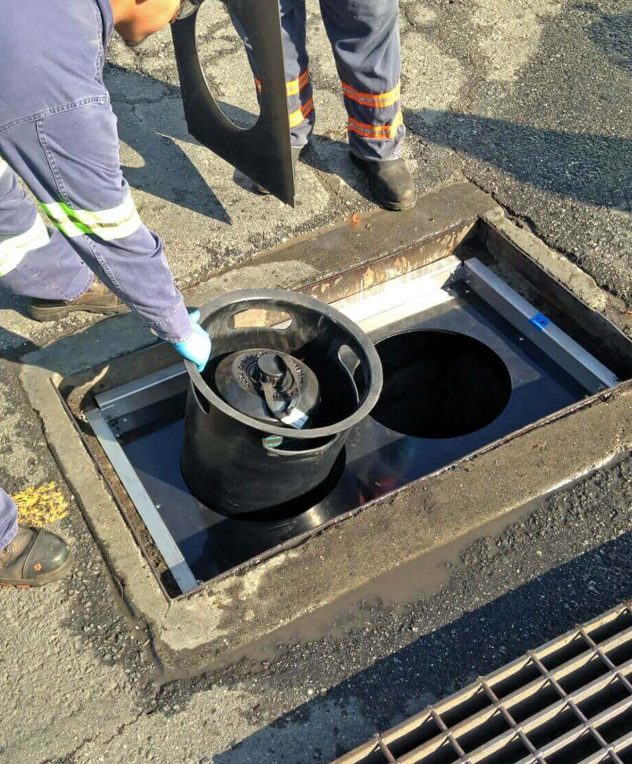
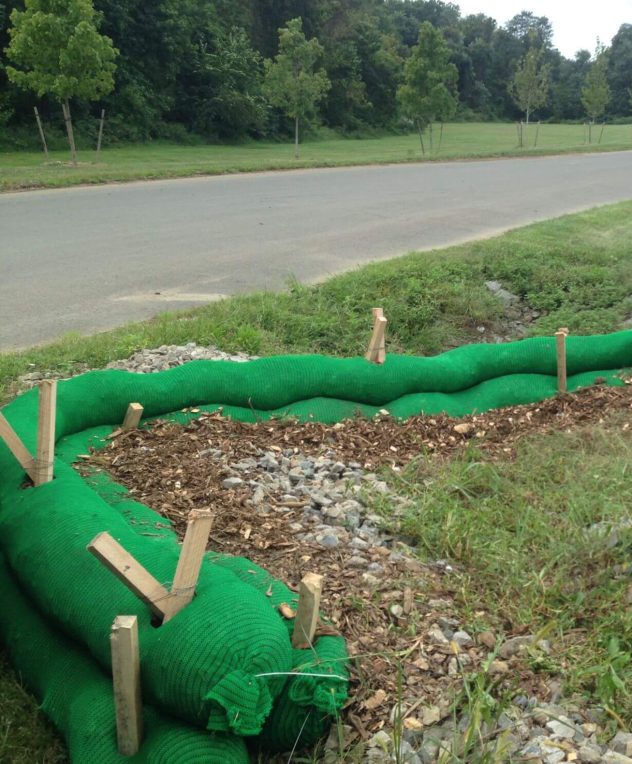
Leave a Reply